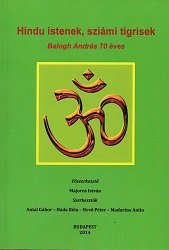
We kindly inform you that, as long as the subject affiliation of our 300.000+ articles is in progress, you might get unsufficient or no results on your third level or second level search. In this case, please broaden your search criteria.


This article is dedicated to the process of inception, contradictory development, topical condition and the main problems of one of the most authoritative international organisations, the Council of Europe. It follows the movement of ideas regarding its different visions: the initial hopes that it will achieve the centennial idea for unification of Western Europe, the subsequent disappointment and its transformationa into a second-tier West European organization, its development after the Cold War as prestigious 'club of European democracies' and a sort of first anteroom to the European Union. Some of the main problems it faces as challenges in the XXI c., particularly the policy of protection of national minorities, the application of double standards and the notion that precisely this organization outlines the visible frontiers of United Europe, have been analyzed.
More...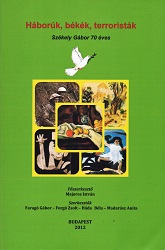



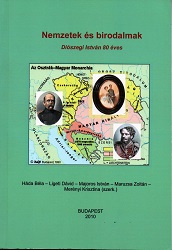


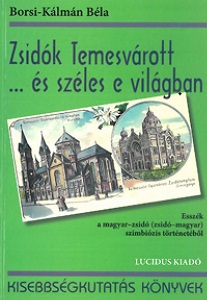
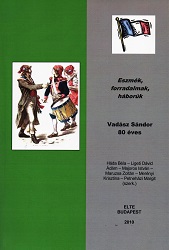
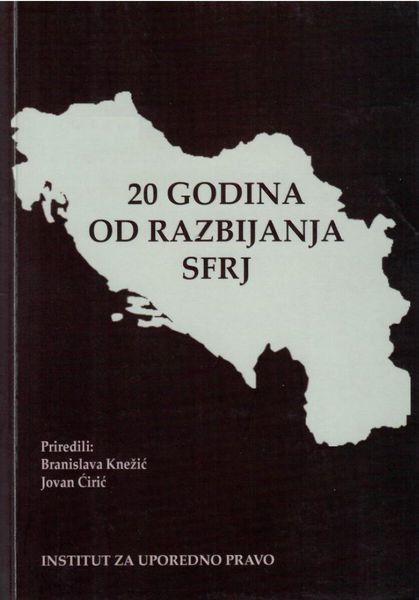
If you want to be a justfull judge, you must take in consideration all the circumstances of one case. You have to try to answer on the question who hit first? You must take in consideration the whole history of the relation between the person who commited the crime and the victim. Very of ten, it is not so easy to answer who the real victim is? Is it a wife who was molested for many years, and at the end she decided to resolve that situation and killed her husband? Or it is a husband who was killed? One criminal case, especially when it was happened inside a familly, sometimes could be very complicated. In the civil war, like the war in former Yugoslavia was, the story is very similar, at least, it was also like a crime in one family. To understand, the whole story about Yugoslav wars, to judge on a justfull way, it is necessary to take in consideration one very complicated history of the relations, first of all between Serbs and Croats. Understanding the 1991 is impossible without understanding 1941, when Croatian nationalsts, faschists, Ustashas made a terrible genocide against Serbs. In that sense the author of this article first cited what foreigners, officials said about that genocide against Serbs. Even Germans and Italians were schoked by what they have seen in the concentration camp of Jasenovac and in many vilages in Croatia and Bosnia, where Serbs were brutally killed by Croatians, by Ustasha. Serbs remembered very well what has happened during II World War and they were afraid that their neighbors, Croats would repeat all of that. The autor of this article thinks that many things during nineties happened because of that fear It was impossible for Serbs to forget the great crime, (magnum crimen). They were ready to forgive, but not to forget, and that was the most important origin of many things that has happened in the war in former of Yugoslavia. The author thinks that Serbs would accept the seccesion of Croatia in some other circumstances, but they had terrible experience, they knew what has happened before. Almost all Serbs that lived in Croatia had some cousin who was killed by Ustasha (Croats). Such a memory was an unbereable load for Serbs. So, the author of this article thinks that someone who wants to judge about the war and disintegration of former Yugolsvia, must have in mind that history, those memories and those experiences and fears. In that sense, like in evereday life, it is important question who hit first?
More...

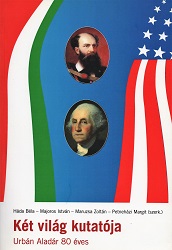



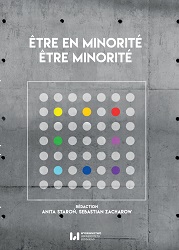
In 1919, France and Poland signed a Convention on emigration/immigration in order to expedite the sending of Polish workers to France. No clause in this document provided for the schooling of Polish children. French employers and Polish workers then set up a Polish-speaking education programme.With a view to possibly and soon returning to their homeland, maintaining Polish identity was necessary and entailed that people learn their native language, but also all about Poland’s history and geography. Faced with the creation of these “Polish classes”, several government circulars were published in the 1920s to regulate these teachings and authorise foreign instructors, thus infringing the principle of non-differentiation of children educated under the French Republican school system. When studying this issue of Polish lessons taught in France between 1919 and 1939, it is interesting to see how the Polish minority held a vital (and enduring) role in the establishment of the Native Languages and Cultures education programme in France (the ELCO, still currently at the heart of a debate).
More...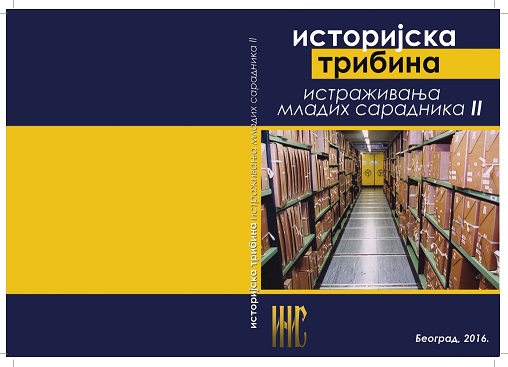
Sport, and football in particular, became very important factors in the social life of the 20th century Serbia and Yugoslavia. Because of its significance and influence on the masses, football was under heavy pressure of the political establishment throughout the century and those political factors tried to use football for their own political goals. The policy of football control which existed in pre-WW II Yugoslavia and during the war and occupation was continued during socialism. The communist authorities abolished the „bourgeois” sporting system and tried to build their own, using constraint, ideological indoctrination and propaganda. The popular notions of footballers were created and promoted by the controlled media, such as the press and the radio, and those notions were accepted by the public as completely true. Narratives which suited the authorities, such as the one about Stjepan Bobek and Rajko Mitić, which promoted and symbolized the idea of „Brotherhood and Unity”, camaraderie, modesty and willingness to work hard, were constantly present in the public sphere. The seamy side of Yugoslav sport, such as misconduct of sportsmen, ethnic tensions and moral and political corruption, were hidden away from the public. Using the propaganda, in the late 1940's and throughout the 1950's, the notion was created that footballers were model youths and upstanding and worthy members of the socialist community. In the 1960's there was a major shift in the popular views on football and footballers. The public generally focused more on the negative sides of football and footballers who were outside the box and who broke the standard patterns of behavior generally accepted in socialist Yugoslavia. During the 1960's a few footballers emerged who were both loved and hated by the press and by the public alike, such as Dragoslav Šekularac from the „Crvena zvezda” football club. He was probably the first real superstar of Yugoslav football. The causes of this shift in perspective were numerous, most notably larger accessibility of the media content to the average Yugoslav, but also the general trend of liberalization of the public sphere in 1960’s Yugoslavia, which allowed the press to write more freely. The consequences of such a change were numerous, the most important being that the Yugoslav football was rarely used in state political propaganda in the coming years. The football public became more critical and the negative trends in football more visible, making thus the further development of Yugoslav football more similar to that in the rest of Europe and of the world.
More...